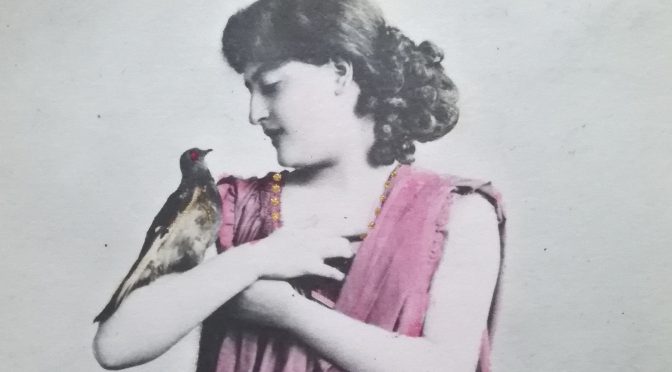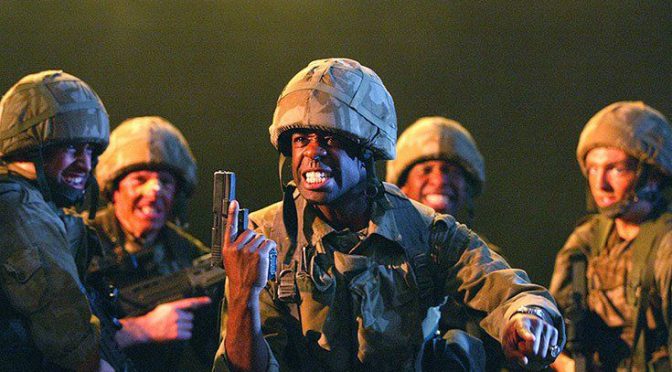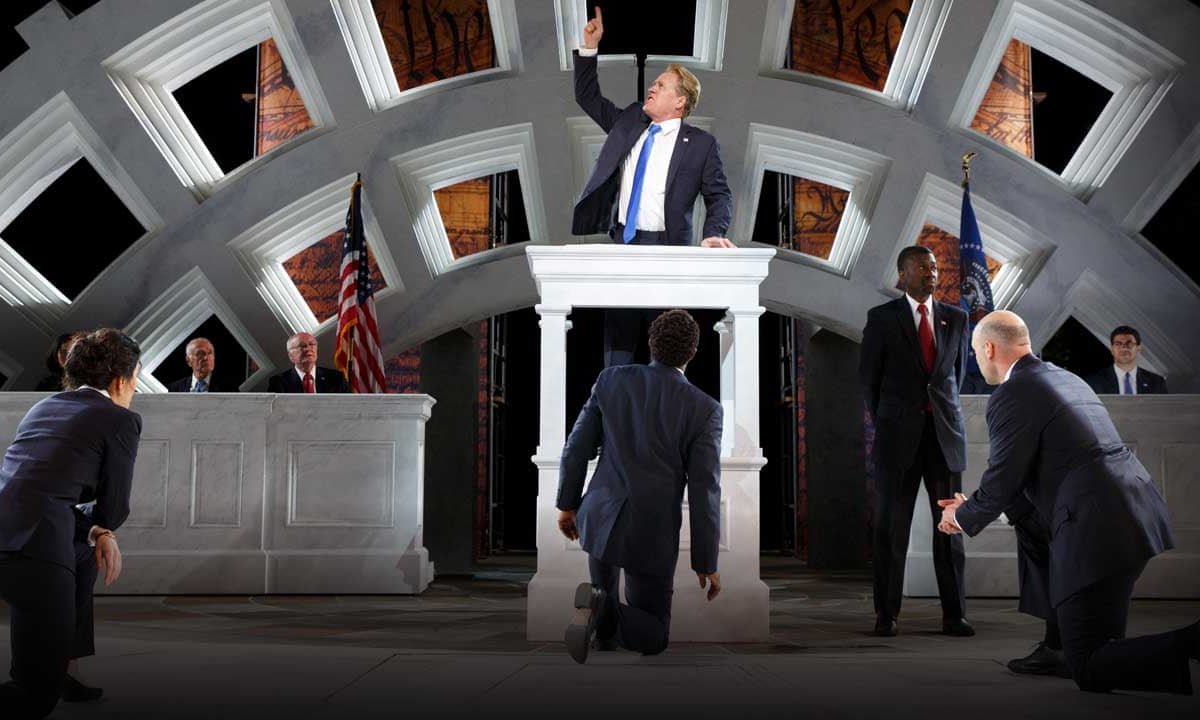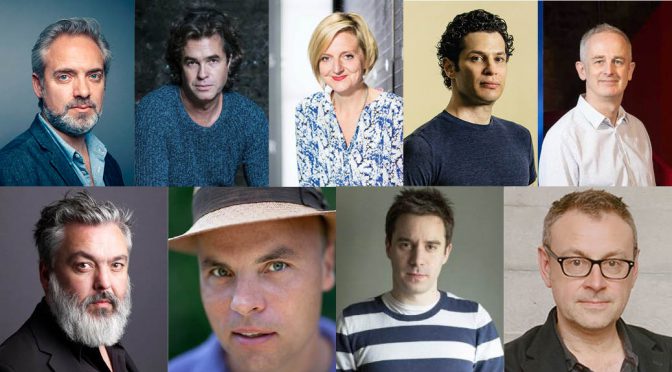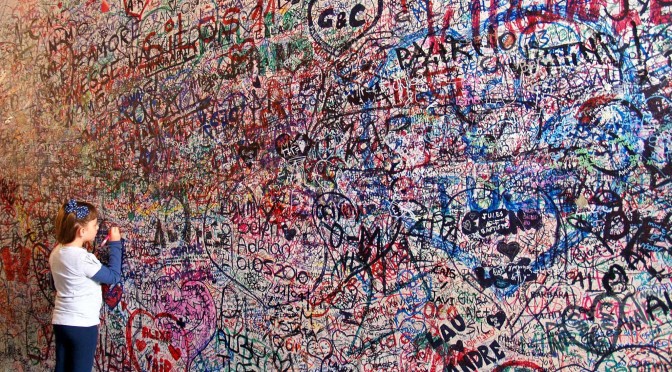by Rob Gallagher, postdoctoral researcher with Ego-Media
“I was photographed three times a week[,] for which I received a settled income…
Two famous dressmakers, one in London and one in Paris, dressed me for nothing, and a famous English designer called her models after me and made my clothes at a very nominal fee…
My picture advertised all sorts of wares, and face creams and soaps, and I gave advice in all the papers on how to keep healthy and beautiful and young. If I had followed the regime I laid down, I could never have finished in the twenty-four hours…”
So writes Constance Collier in her 1929 memoir Harlequinade, reflecting on her time as a ‘Gaiety girl’ on the 1890s Strand. On 8 February, I’ll be talking about Collier as part of an event at the London Transport Museum, themed around London love stories, representing the Centre for Life-Writing Research’s Strandlines project (an online archive of stories about ‘life on the Strand, past, present and creative’ – do contribute if you haven’t already…). I’ll be describing how Collier and her co-stars won the hearts of late Victorian Londoners with a series of racily contemporary ‘musical comedies’ combining cutting-edge fashions, romantic spins on everyday scenarios and saucy/sentimental songs. Pitched somewhere between ‘legitimate’ theatre and burlesque, musical comedies turned Gaiety impresario George Edwardes into a very rich man and many of his ‘girls’ into household names.

